What Are You Practicing? Stress, Anxiety or Contentment?
Posted on March 20, 2017 by Debra Burdick
As I have been studying and practicing mindfulness over the past 30 years I have learned to ask myself this  one important question: What am I practicing? Am I practicing feeling stressed-out, anxious, depressed, overwhelmed, discouraged or perhaps something more pleasant? More often than I would like to admit, the answer is yes, I am practicing one or more of these unpleasant emotions.
one important question: What am I practicing? Am I practicing feeling stressed-out, anxious, depressed, overwhelmed, discouraged or perhaps something more pleasant? More often than I would like to admit, the answer is yes, I am practicing one or more of these unpleasant emotions.
Scientific research is demonstrating that our brains can change, in other words they have neuroplasticity. It turns out that the more you do something, the better you and your brain get at it. This is called practice, which changes the brain.
When you are practicing a new language, or the words to a song, or to ride a bicycle, or to do math problems, your get better and better the more you practice. This is good news!
But what if you are practicing feeling stressed out, down, worried, discouraged or any other unpleasant feeling? Yes, the concepts of neuroplasticity and practice work with emotions just like with learning a new skill. As Donald Hebb noted many years ago, “neurons that fire together, wire together”. You get better at feeling these emotions the more you feel them. The more you think anxious thoughts, the more anxious thoughts you will have. And the more anxious thoughts you have, the more anxious you will feel. You strengthen neuronal pathways that make it easier and easier to feel anxious. You get the idea!
So, what would you like to feel instead of any of these unpleasant emotions? I don’t know about you but I would rather feel a sense of contentment, well-being, confidence, and hopefulness.
Therefore, whenever I tune in to notice how I feel and find unpleasant emotions I take a deep breath, exhale very slowly like I am blowing a huge bubble and then deliberately change the channel in my mind to choose thoughts that feel better. When I do this process I gradually rewire my brain to think more positive thoughts and to feel better. And guess what? The more I change to more positive and helpful thoughts and feelings, the more often I automatically have pleasant thoughts and feelings. I get better and better at it with practice.
deliberately change the channel in my mind to choose thoughts that feel better. When I do this process I gradually rewire my brain to think more positive thoughts and to feel better. And guess what? The more I change to more positive and helpful thoughts and feelings, the more often I automatically have pleasant thoughts and feelings. I get better and better at it with practice.
In fact, now that I know I am rewiring the brain with either positive or negative thoughts and feelings it feels even more important to quickly shift out of the unpleasant ones so I don’t reinforce this in my brain. I would rather reinforce having positive and pleasant thoughts and feelings. How about you?
Action
- For the next few days set your intention to pay attention to your thoughts and feelings and notice if they are pleasant and helpful or unpleasant and unhelpful.
- Write down the name of the feelings you notice.
- Write down a few thoughts that go along with those feelings.
- Now write down what you would rather be feeling.
- Rewrite a few of the thoughts you wrote before so they are better but believable.
- Notice how the feelings have changed.
Here’s an example:
- Feelings: Stressed out, discouraged
- Thoughts: I have too much to do. I will never get everything done. I hate feeling this way. I always take on too much.
- I would rather feel: Calm, confident.
- Rewrite thoughts: I will take a few deep relaxation breaths to calm my mind and body. Then I will make a list of everything I must do and put them in priority order. Although I have a lot to do, I can decide not to do some of the things. I can do the most important things first, ask for help and delegate whatever I can, and do the rest as I have time. I will get as much done as I can and not stress about the rest. I am getting better at saying “no” when someone asks me to do something.
- Now I feel: I feel calmer and more confident about what I need to do.
It’s your turn.
Feelings:
Thoughts:
I would rather feel:
Rewrite thoughts:
Now I feel:
I would love to hear your personal experiences with this topic.
Categories: Anxiety, Articles, Mindfulness, Peak Performance, Self Regulation, Stress, Success
Tags: anxiety, Contentment, Mindfulness, stress

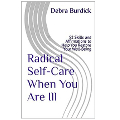
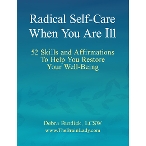
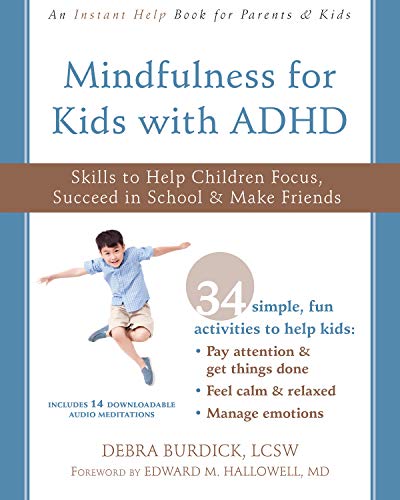
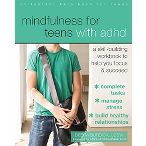
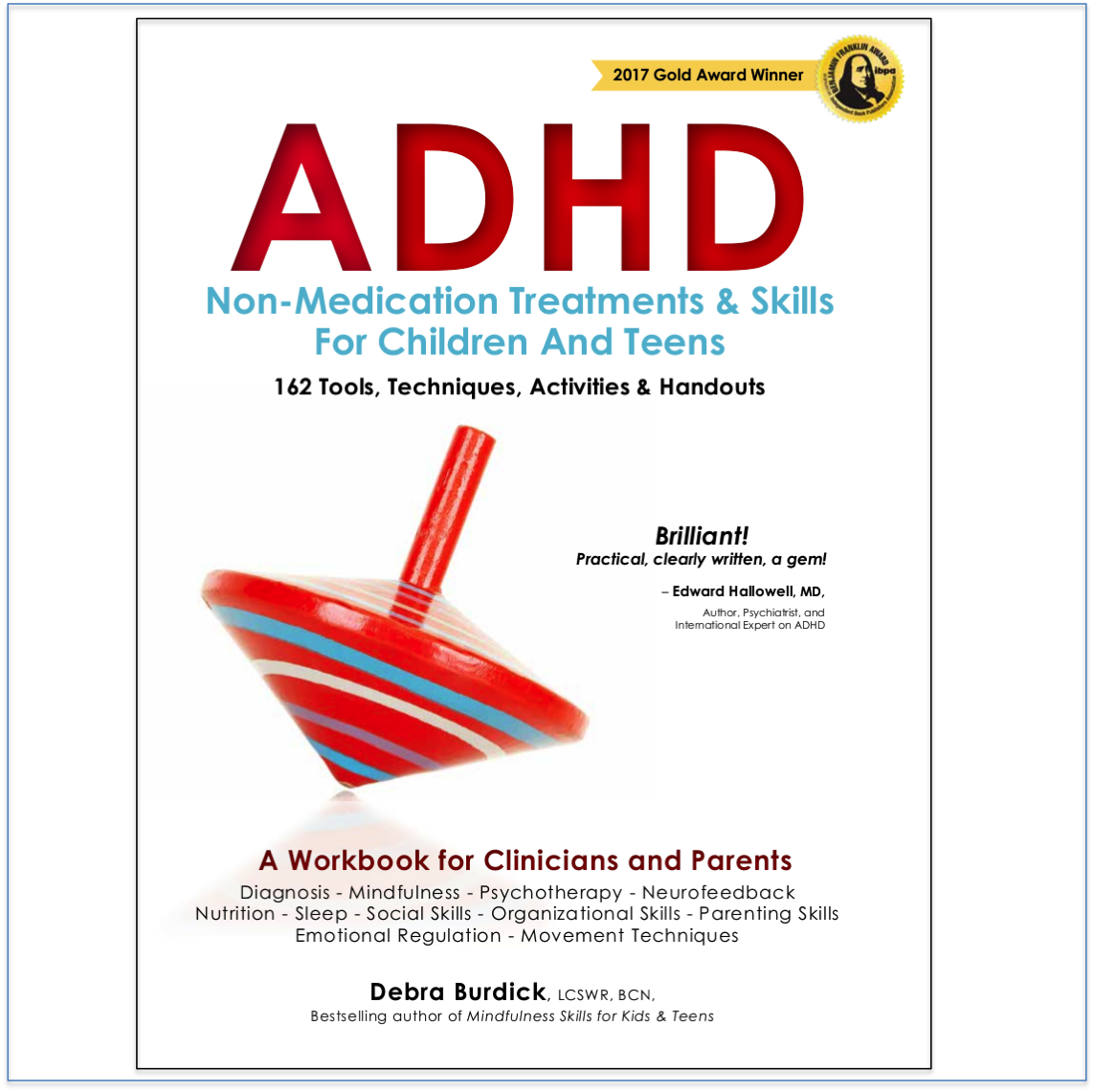
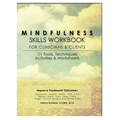
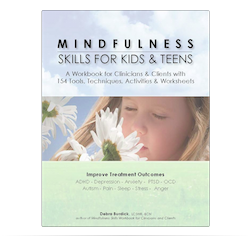
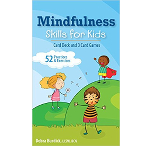
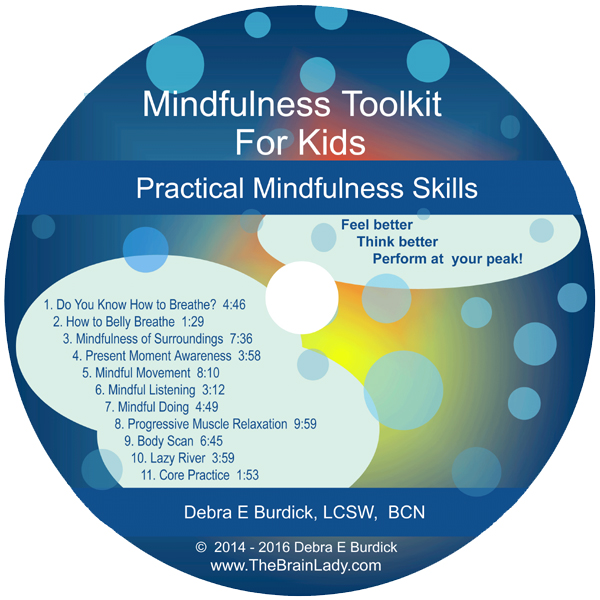
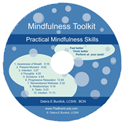
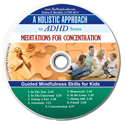
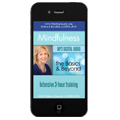
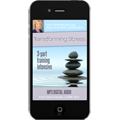
No comments yet. You should be kind and add one!
The comments are closed.